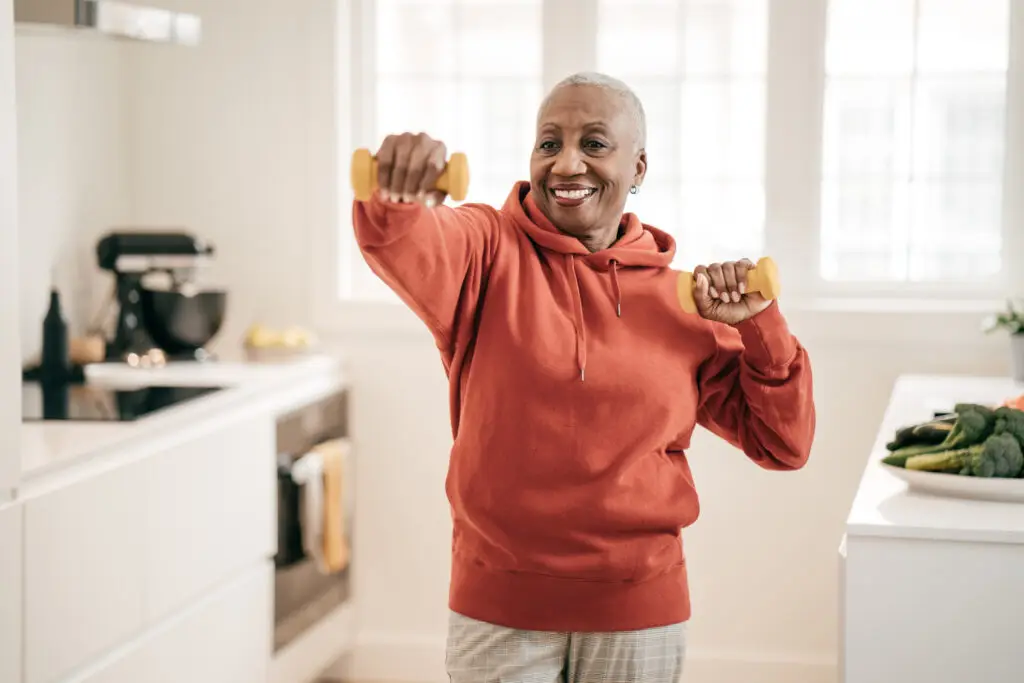In recent years, an empowering, encouraging shift is taking place in breast cancer research and treatment. Alongside groundbreaking medical advancements, there is a growing focus on a tool that is within our reach: exercise. Exercise in breast cancer patients has shown immense promise in improving outcomes, from enhancing quality of life to reducing the risk of recurrence.
For decades, research has suggested that exercise plays a crucial role in promoting overall health. In the context of breast cancer, studies have begun to illuminate the specific benefits of maintaining a physically active lifestyle. Let’s delve into some of the most notable research conducted on this topic.
The Health, Eating, Activity, and Lifestyle (HEAL) Study, sponsored by the National Cancer Institute, has been instrumental in revealing the potential benefits of physical activity for breast cancer survivors. Evidence from this study suggests that exercise may enhance survival rates among this group, providing a beacon of hope and a new avenue for post-treatment care.
Evidence-based guidance powered by NCCN Guidelines®
Personalized treatment plans shaped by the latest oncology standards—tailored to your diagnosis.
Get started
View your personalized treatment plan in the Outcomes4Me app
Use your diagnosis to unlock personalized NCCN Guidelines®-aligned recommendations.
Continue in app
The Alberta Physical Activity and Breast Cancer Prevention (ALPHA) Trial and the Breast Cancer and Exercise Trial in Alberta (BETA) explored how a year-long exercise intervention could influence biomarkers linked to breast cancer. They found promising results, which again reinforced the power of exercise in the fight against this disease.
Other studies such as the Yale Exercise and Survivorship (YES) study and the Nutrition and Exercise in Women (NEW) Study have demonstrated how exercise can enhance quality of life and physical function in breast cancer survivors, a key consideration in the holistic treatment and care of patients.
An ongoing clinical trial known as the Breast Cancer Weight Loss (BWEL) study is examining whether weight loss in overweight and obese women diagnosed with breast cancer could prevent cancer recurrence. If successful, this research could create a meaningful shift in breast cancer survivorship guidance.
Next, let’s discuss an important player in this area and an excellent source of info on the topic: the Exercise Oncology Service at Memorial Sloan Kettering (MSK) Cancer Center. Guided by Dr. Lee W. Jones, this team is working diligently to investigate the potential benefits of physical activity in cancer prevention, risk of recurrence, and life after cancer. They are studying how exercise might influence tumor behavior and how it could complement traditional cancer treatments. Their work is contributing to a better understanding of how to combine health-promoting practices with medical treatment for cancer.
MSK’s involvement in exercise oncology illustrates the growing recognition in the field of cancer research and treatment that exercise is more than just a tool for maintaining fitness or controlling weight. It’s about having an active role in one’s own healthcare journey, feeling empowered, and contributing to overall wellness.
Every step, every stretch, every breath you take on your exercise journey is a testament to your resilience and strength. Your body has a remarkable capacity for healing and adaptation, and through exercise, you are tapping into that potential. Remember to consult with your healthcare provider before starting or changing an exercise regimen. Each of us is unique, and your exercise program should be tailored to suit your needs, preferences, and treatment plan.
As research continues to uncover the potential benefits of exercise and other lifestyle factors on breast cancer outcomes, numerous clinical trials are being conducted worldwide. These trials are the driving force behind new knowledge, providing vital insights that can shape future approaches to breast cancer prevention and survivorship. If you’re interested in contributing to this growing field of knowledge and potentially benefiting from these research advancements, consider participating in a clinical trial. Your participation could make a difference – not just in your life, but also for countless others navigating the same path.
Visit Outcomes4Me to start exploring clinical trials today.
Personalized support for real care decisions
Understand your diagnosis, explore clinical trials, and track symptoms--all in one place.
Get started
Compare treatments, prepare for appointments, and track side effects—all in the app
Built for your diagnosis, Outcomes4Me gives you the tools to make confident, informed decisions—right when you need them.
Continue in app






